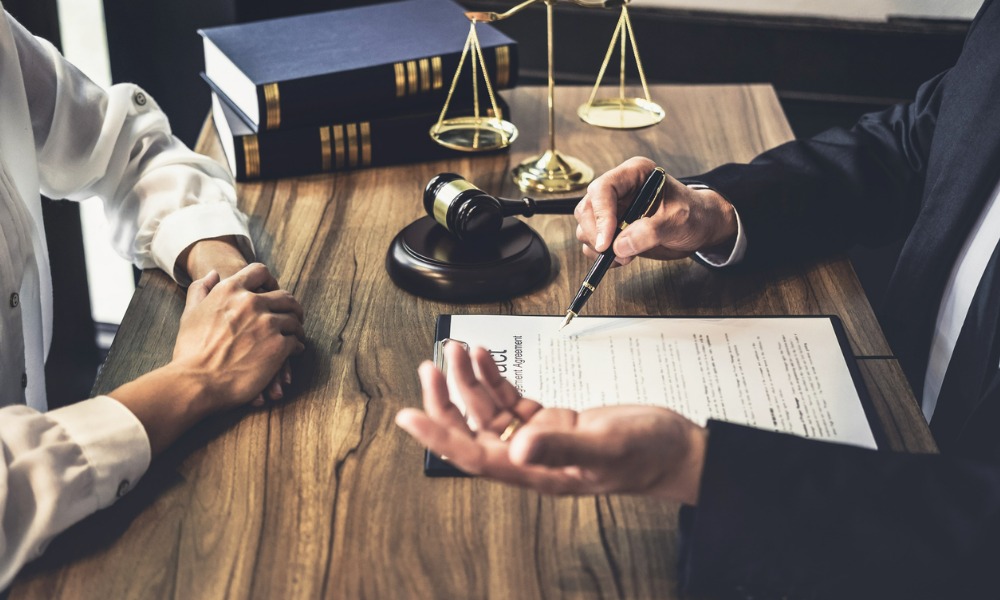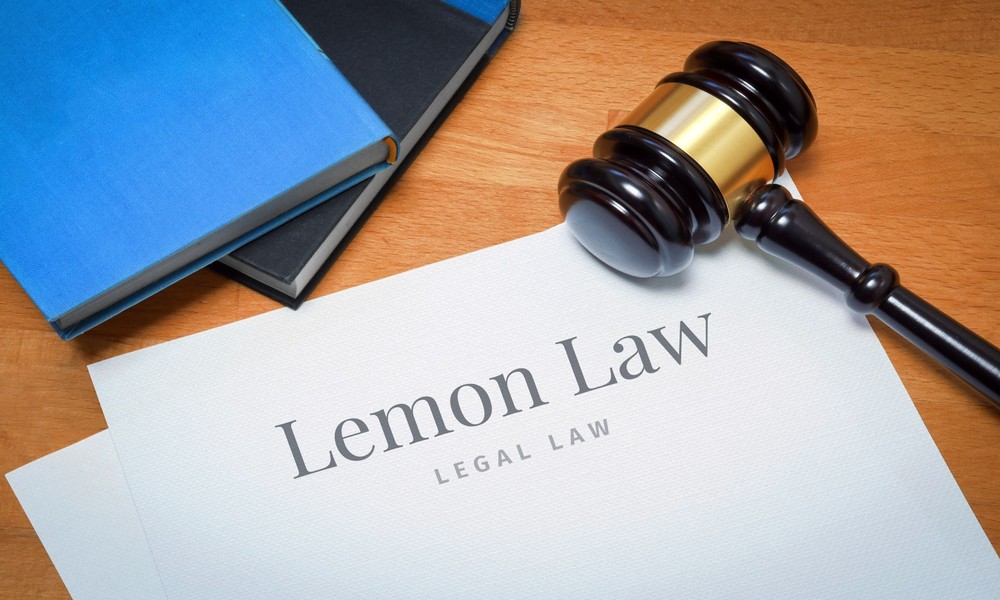Intellectual property (IP) litigation in the product industry presents a complex landscape fraught with unique challenges and constantly evolving legal developments. As companies strive to protect their innovations and market share, the stakes in these legal battles continue to rise. This article explores the key aspects of IP litigation in the product industry, highlighting recent trends and important considerations for businesses navigating this terrain.
The Importance of IP Protection in the Product Industry
In today’s competitive marketplace, intellectual property serves as a crucial asset for companies in the product industry. Patents, trademarks, copyrights, and trade secrets form the foundation of many businesses’ competitive advantage. As such, protecting these assets through litigation when necessary has become an integral part of corporate strategy.
Types of IP Litigation in the Product Industry
- Patent Infringement
Patent infringement cases are among the most common and complex forms of IP litigation in the product industry. These disputes arise when one party alleges that another has used their patented invention without permission. Recent years have seen an increase in patent litigation, particularly in industries such as technology, pharmaceuticals, and consumer electronics.
- Trademark Disputes
Trademark litigation often involves allegations of consumer confusion due to similar branding or product design. In the product industry, these cases can be particularly contentious as companies fight to protect their brand identity and market recognition.
- Trade Secret Misappropriation
With the increasing value of proprietary information, trade secret litigation has gained prominence. Companies in the product industry must vigilantly protect their confidential manufacturing processes, formulas, and business strategies from competitors.
- Copyright Infringement
While less common in the product industry than other forms of IP litigation, copyright disputes can arise over product packaging, marketing materials, or software embedded in physical products.
Unique Challenges in Product Industry IP Litigation
Technological Complexity
Many IP disputes in the product industry involve cutting-edge technologies that can be difficult for judges and juries to understand. This complexity often necessitates the use of expert witnesses, including a product liability trial witness, to explain technical concepts and demonstrate infringement or non-infringement.
Global Supply Chains
The interconnected nature of global supply chains can complicate IP litigation in the product industry. Determining the origin of alleged infringement and enforcing judgments across international borders presents significant challenges for litigants.
Rapid Innovation Cycles
The fast pace of innovation in many product industries can make IP litigation a race against time. By the time a case reaches trial, the technology at issue may already be outdated, potentially affecting damages calculations and the overall value of the litigation.
Standard Essential Patents (SEPs)
In industries relying on standardized technologies, such as telecommunications, disputes over SEPs have become increasingly common. These cases often involve complex issues of fair, reasonable, and non-discriminatory (FRAND) licensing terms.
Recent Developments in Product Industry IP Litigation
Rise of Inter Partes Review (IPR)
The introduction of IPR proceedings has significantly impacted patent litigation strategy in the product industry. These administrative proceedings at the U.S. Patent and Trademark Office offer a faster and potentially less expensive alternative to traditional court litigation for challenging patent validity.
Increased Focus on Trade Secret Protection
The passage of the Defend Trade Secrets Act in 2016 has led to an uptick in federal trade secret litigation. Product companies are increasingly leveraging this law to protect their valuable proprietary information.
Evolving Damages Calculations
Recent court decisions have refined the methodologies for calculating damages in IP cases, particularly in patent litigation. This has led to increased scrutiny of damages experts and their analyses in product industry disputes.
AI and IP Litigation
The integration of artificial intelligence in product development has raised new questions in IP litigation. Courts are grappling with issues such as AI-generated inventions and the role of machine learning in patent infringement analysis.
Strategic Considerations for Product Companies
- Proactive IP Portfolio Management
Companies should regularly audit their IP portfolios to identify strengths, weaknesses, and potential litigation risks.
- Alternative Dispute Resolution
Mediation and arbitration can offer more efficient and cost-effective alternatives to traditional litigation for resolving IP disputes in the product industry.
- Litigation Readiness
Maintaining robust documentation of IP development and implementing strong trade secret protection measures can significantly strengthen a company’s position in potential litigation.
- Cross-Licensing and Collaboration
Strategic partnerships and cross-licensing agreements can help mitigate litigation risks and foster innovation in the product industry.
As IP litigation in the product industry continues to evolve, companies must stay informed of legal developments and adapt their strategies accordingly. By understanding the unique challenges and leveraging recent trends, businesses can better protect their intellectual property assets and navigate the complex landscape of IP disputes.










